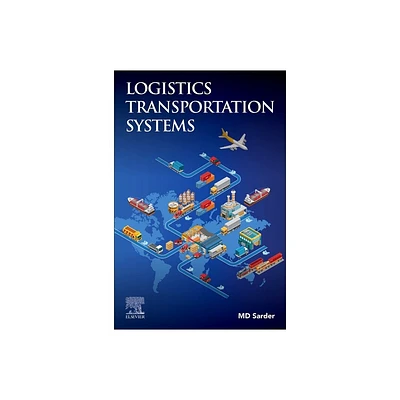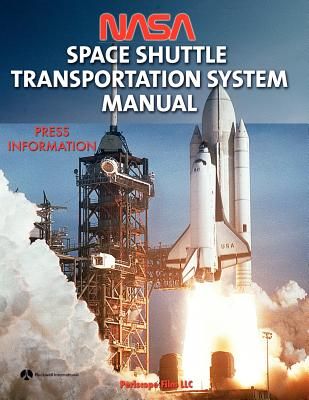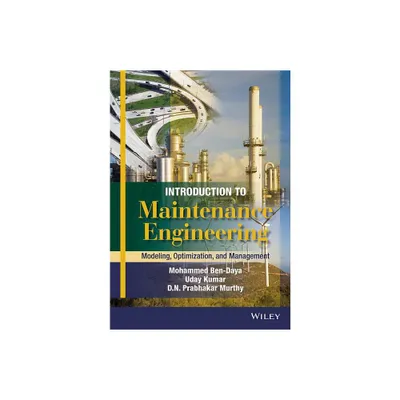Home
Transportation Systems: Managing Performance through Advanced Maintenance Engineering
Loading Inventory...
Barnes and Noble
Transportation Systems: Managing Performance through Advanced Maintenance Engineering
Current price: $139.99


Barnes and Noble
Transportation Systems: Managing Performance through Advanced Maintenance Engineering
Current price: $139.99
Loading Inventory...
Size: OS
*Product Information may vary - to confirm product availability, pricing, and additional information please contact Barnes and Noble
This book explores the application of breakthrough technologies to improve transportation performance. Transportation systems represent the “blood vessels” of a society, in which people and goods travel. They also influence people’s lives and affect the liveability and sustainability of our cities. The book shows how emergent technologies are able to monitor the condition of the structure in real time in order to schedule the right moment for maintenance activities an so reduce the disturbance to users.
This book is a valuable resource for those involved in research and development in this field. Part I discusses the context of transportation systems, highlighting the major issues and challenges, the importance of understating human factors that could affect the maintenance operations and the main goals in terms of safety standards. Part II focuses on process-oriented innovations in transportation systems; this section stresses the importance of including design parameters in the planning, offering a comparison between risk-based and condition-based maintenance and, lastly, showing applications of emergent technologies. Part III goes on to reflect on the technical-oriented innovations, discussing the importance of studying the physical phenomena that are behind transportation system failures and problems. It then introduces the general trend of collecting and analyzing big data using real-world cases to evaluate the positive and negative aspects of adopting extensive smart sensors for gathering information on the health of the assets. The last part (IV) explores cultural and behavioural changes, and new knowledge management methods, proposing novel forms of maintenance and vocational training, and introduces the need for radical new visions in transportation for managing unexpected events.
The continuous evolution of maintenance fields suggests that this compendium of “state-of-the-art” applications will not be the only one; the authors are planning a collection of cutting-edge examples of transportation systems that can assist researchers and practitioners as well as students in the process of understanding the complex and multidisciplinary environment of maintenance engineering applied to the transport sector.
This book is a valuable resource for those involved in research and development in this field. Part I discusses the context of transportation systems, highlighting the major issues and challenges, the importance of understating human factors that could affect the maintenance operations and the main goals in terms of safety standards. Part II focuses on process-oriented innovations in transportation systems; this section stresses the importance of including design parameters in the planning, offering a comparison between risk-based and condition-based maintenance and, lastly, showing applications of emergent technologies. Part III goes on to reflect on the technical-oriented innovations, discussing the importance of studying the physical phenomena that are behind transportation system failures and problems. It then introduces the general trend of collecting and analyzing big data using real-world cases to evaluate the positive and negative aspects of adopting extensive smart sensors for gathering information on the health of the assets. The last part (IV) explores cultural and behavioural changes, and new knowledge management methods, proposing novel forms of maintenance and vocational training, and introduces the need for radical new visions in transportation for managing unexpected events.
The continuous evolution of maintenance fields suggests that this compendium of “state-of-the-art” applications will not be the only one; the authors are planning a collection of cutting-edge examples of transportation systems that can assist researchers and practitioners as well as students in the process of understanding the complex and multidisciplinary environment of maintenance engineering applied to the transport sector.


















